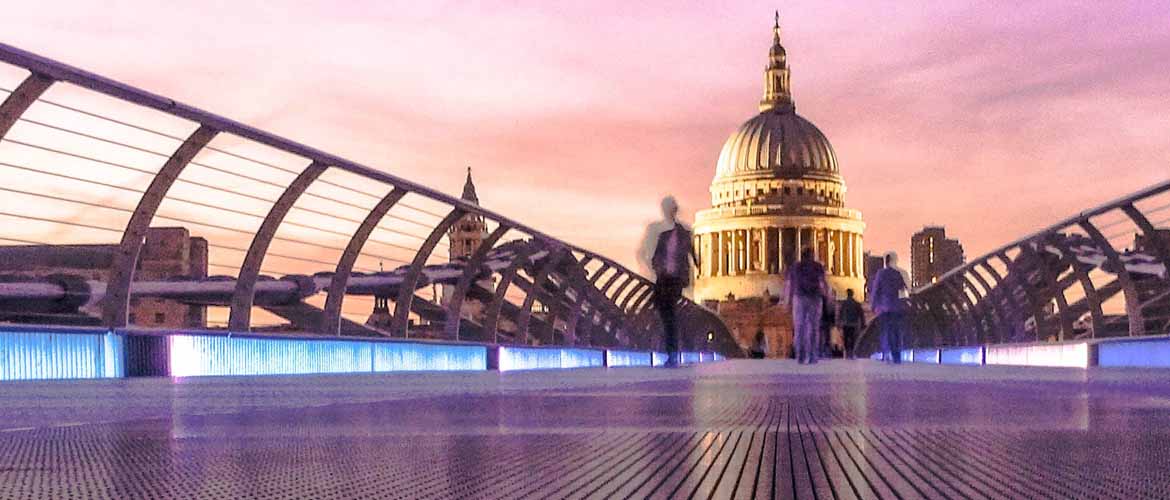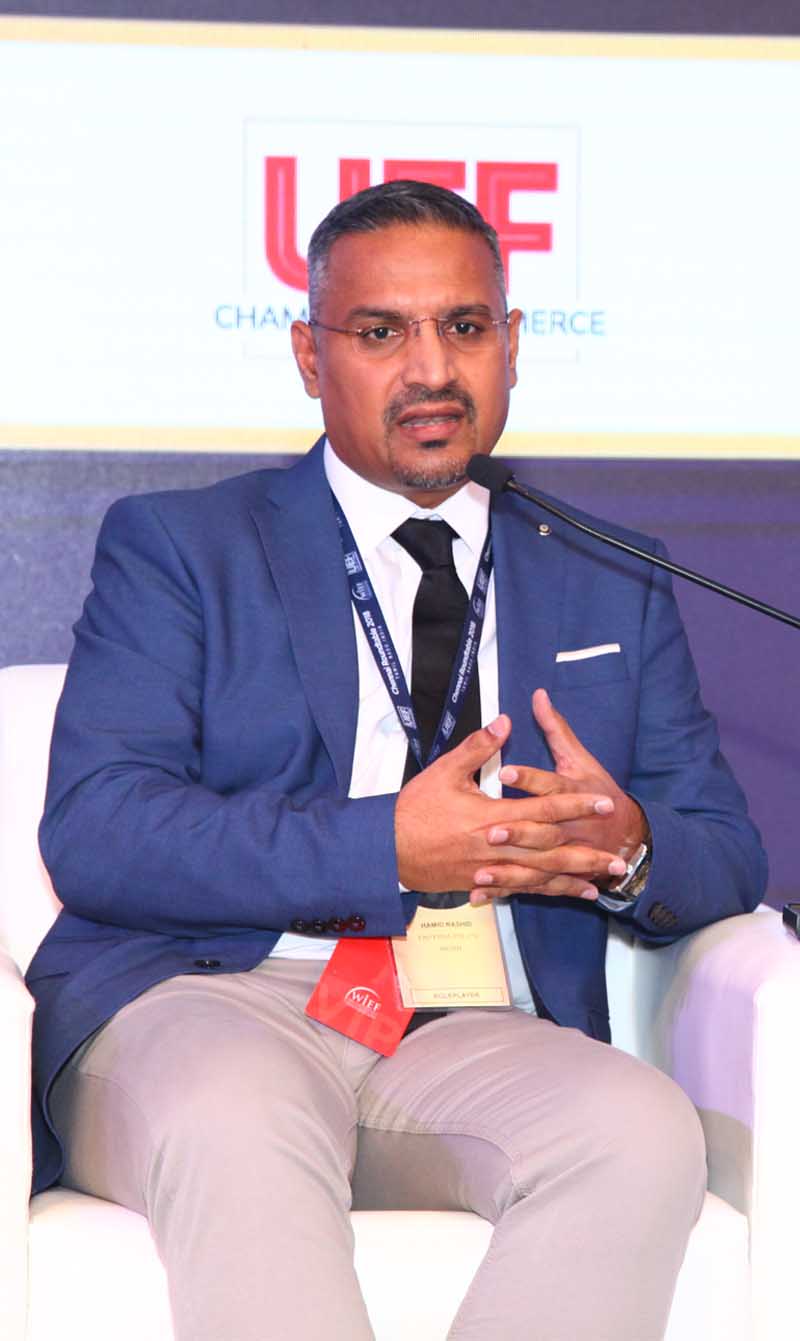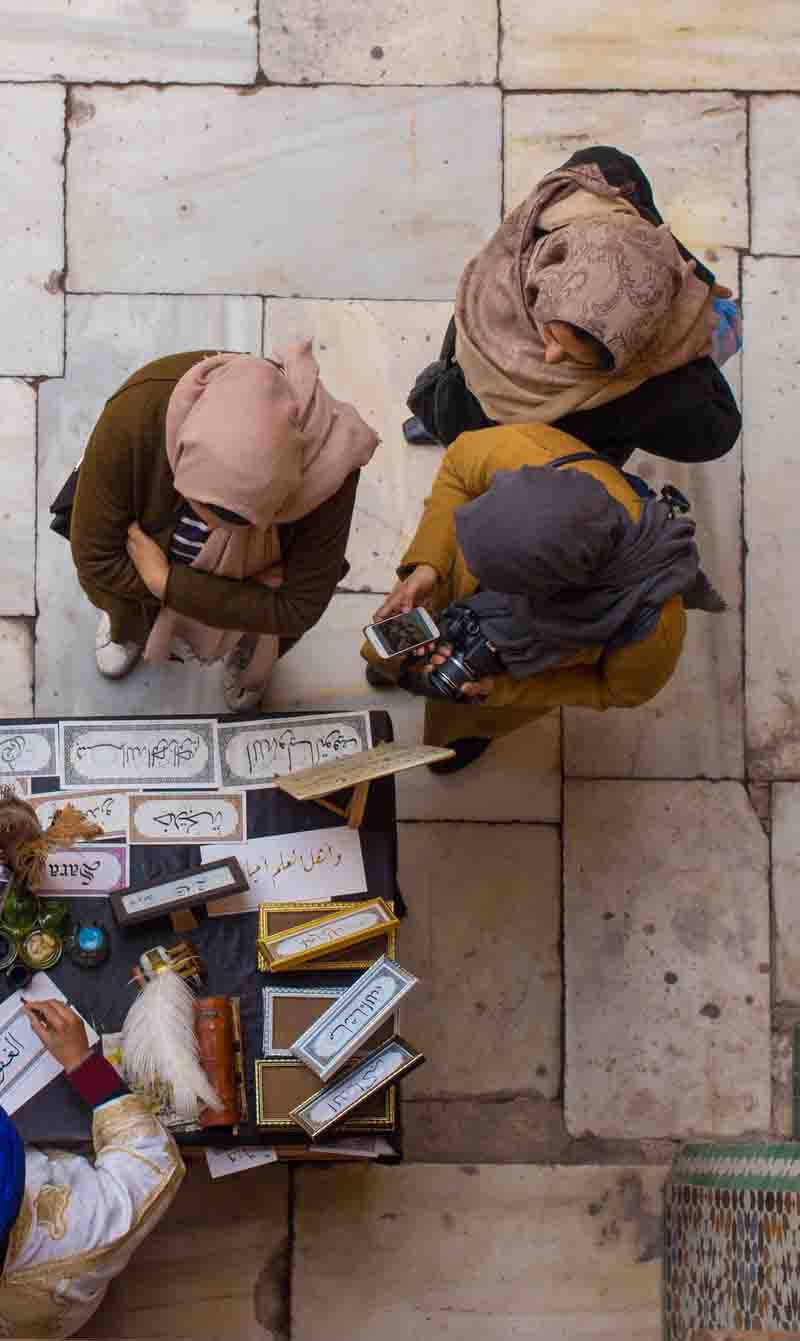The future of London
The second day of the 9th WIEF in the United Kingdom began with former London Mayor Boris Johnson speaking in a session entitled Smart Cities. He referred to the future of London and how it is tied to the development of the city as a hub for Islamic finance. He also supported the city’s receptiveness to immigration, city openness as the key to London’s success.
London is committed to strengthening its presence in Islamic banking and intends to increase its number of banks that provide Islamic banking services. This, former London Mayor Boris Johnson said, was very much in line with the then Prime Minister David Cameron’s statement the day before that the UK would be the first country outside the Muslim World to issue an Islamic bond. A number of London’s key infrastructure projects were built on financial backing from Muslim entities and for this trend to continue the city needs to become friendlier to Muslim investors.
Boris noted that the Forum came at a time when economic cooperation with the Muslim world is happening at a scale previously unheard of. Besides the David Cameron’s initiative to issue a GBP200 million Islamic bond, there will also be a GBP100 million fund to encourage tech startups from the Muslim world to move to Britain. This is to complement the existing pool of over 40,000 tech companies in the country. After all, London is a world leader in technology and those who come to the country would find amenities, international cuisine and even bicycles funded by Barclays (which has a great shareholding in the Middle East).
Islamic investment has already made an impact on London – the Emirates Air Line (i.e. the Thames cable car), the Shard, the Battersea Power Station and ExCel Centre are all projects made possible by financiers from Muslim nations. These projects and more are also examples of how London is a hub of multiculturalism. The city, Boris said, is above all open to talent and people who want to do business from any part of the world – it is this openness that is the city’s secret to success.
London was not always so. In the late 8th century, at a time when London was an Anglo-Saxon settlement, Baghdad was the most populous and powerful city in the world and was known for its trading opportunities. A gold dinar from 790CE, which can be found in the British Museum, depicts the ruler of Mercia, King Offa, on one side and the Shahadah on the other. The King knew his people would flourish by trading with the Muslim world, which then led to commerce.
It was with this in mind that the then Mayor called for London to mirror that same ambition – with more banks than the United States, more museums than Paris and more rainfall than Rome, he hoped that London will one day become a centre for Islamic finance.
A subsequent question-and-answer session touched on a number of topics. Here’s what the Boris had to say on some of the issues raised:
Islamic finance in London: The city should be strong in the industry and people should be able to access shariah-compliant services such as mortgages and banking. The market is achieving only 2 per cent of its potential and it can grow exponentially.
The recent global financial crisis: Much has already been done to ensure that banks are regulated so that such an event is not repeated. Islamic finance has firm principles for the protection of assets.
Immigration: London is attempting to be as accommodating as possible and the Home Office is trying to ensure that the immigration, which undermines people’s confidence in the Government and leads to exploitation. Despite this, the city welcomes those with genuine desire to do business. Integration can be boosted further through the common use of the English language, which is already the language of business.
The use of other languages: The study of Mandarin and Arabic should be further encouraged and the Mayor’s office at the time already established a prize for the best performance in Arabic by London school pupil.
Student entry into the field of Islamic finance: Interested students should check online to find out how to get involved. There already are a number of financial institutions with expertise in the industry and it would be to their advantage to invest in developing skills and knowledge in the field.
London properties: Fears of London homes being bought over by overseas investors are inflated as this only affects 6 per cent of the city’s properties, the same rate for the building of thousands of affordable homes for Londoners, which creates a win-win situation.
___________________
This is based on a report from the 9th WIEF in 2013, London, United Kingdom.
Photo Credit:
James Padolsey





